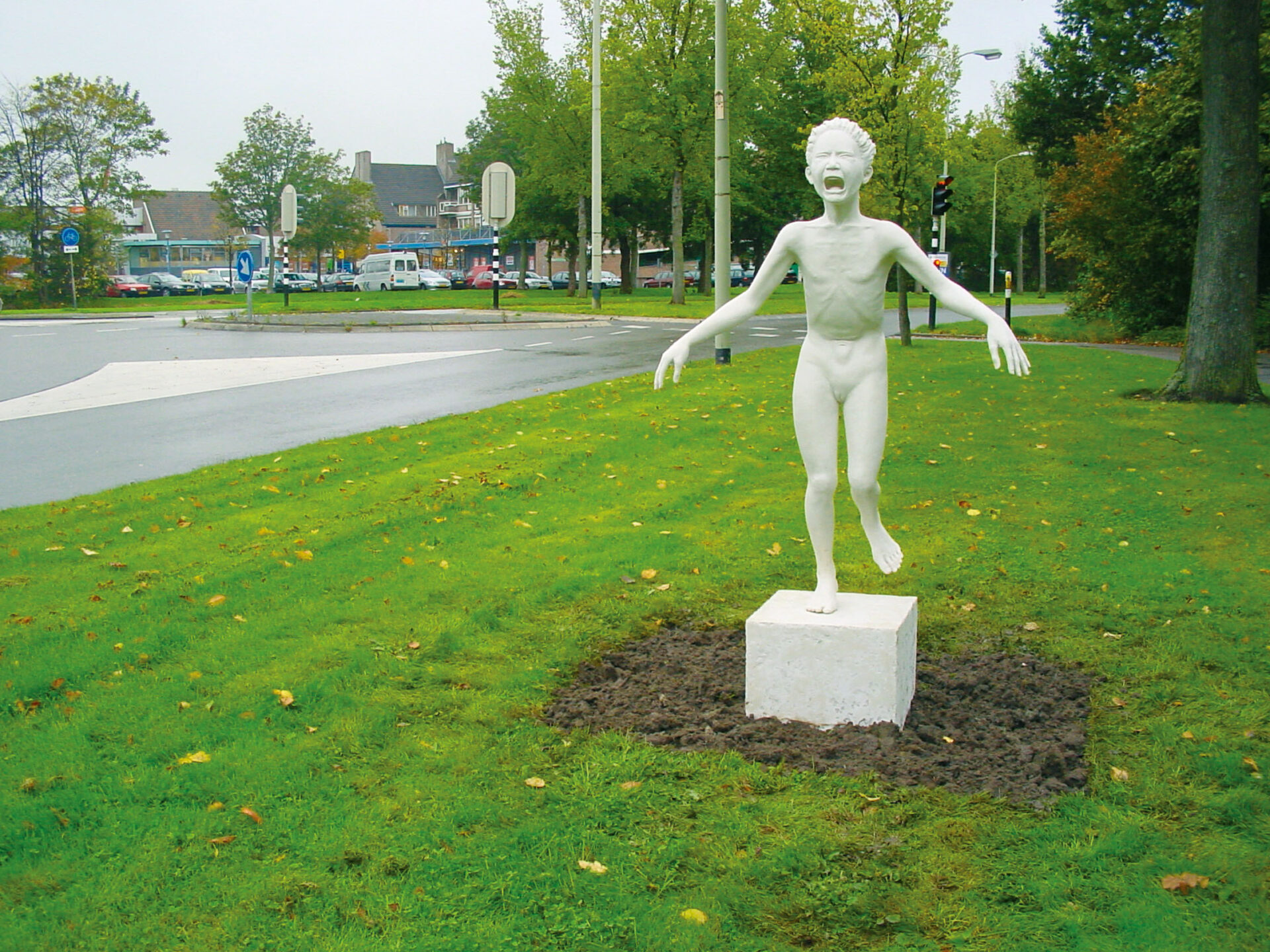
Photo : Michael Brzezinski
The Surveillance Economy: Toward a Geopolitics of Personalization
In doing so, it conceptualized, and put into practice, a pervasive link between two vastly different geopolitical sites. On the one hand, there was the citizen’s mind: abstractly, yet minutely, conceived as a node of viewpoints, data, and tendencies co-producing ever-shifting networks and moving through space. On the other hand, there was the data repository (notably, the Utah Data Center): a storage site for sleeper dossiers filled with personal information, which could be called upon if an individual came to be “of interest” in the future.




